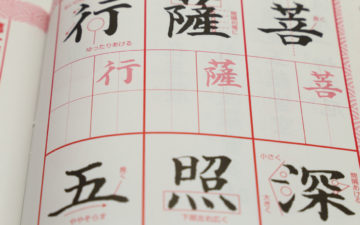Have you heard of the Sapir-Whorf hypothesis?
It was a theory that surmised how our thoughts and language are influenced by the language we speak (a concept called linguistic relatively), but takes a more extremist approach. The Sapir-Whorf hypothesis first argued that language determined thought, whereas the more modern approach to this theory accepts that languages influence our thoughts and decisions.
Do languages with more words describing the weather correlate with a more sophisticated view of the climate? Are cultures that can only express the most basic colours restricted by their perception of tones? Are languages with ‘-men’ suffixes for most professions generally more sexist?
This is a fascinating topic. Of course, even though the most extremist views of so-called language determinism were thrown out the door years ago, most linguists agree on the existence of linguistic relativity. This means that our languages do influence, to an extent, our thoughts and perception.
For example, let’s think about Japanese ways of expressing family. In Japanese, every member of the family is referred to in quite precise detail. You have your older sister, and your younger brother. Each sibling is referred to by their position in regard to the speaker.
This reflects how deeply ingrained the notion of position is in Japanese culture. Japanese culture is incredibly hierarchical; so much to the extent that this fixation is expressed in family members. Everyone has their position, and is made aware of it all the time. It’s part of their identity.
On the other hand, interpreting generic sibling words into Japanese is always difficult, because you have to make an executive decision: is this “brother” going to be older or younger? Interpreting a vague word into a precise word is always a struggle (one of many struggles that interpreters face daily, to be perfectly honest).
Linguistic relativity opens up a door of so many interesting ideas to explore: the abundance of passive sentences in Japanese leading to a diluted “identity”; gendered pronouns and their effect on gender roles; the lack of plural form in Japanese and how that affects perception of objects; the list is endless.
On a lighter note, Japanese people refer to the green traffic light as “blue”. Of course the light is green. Why would it be blue…?






